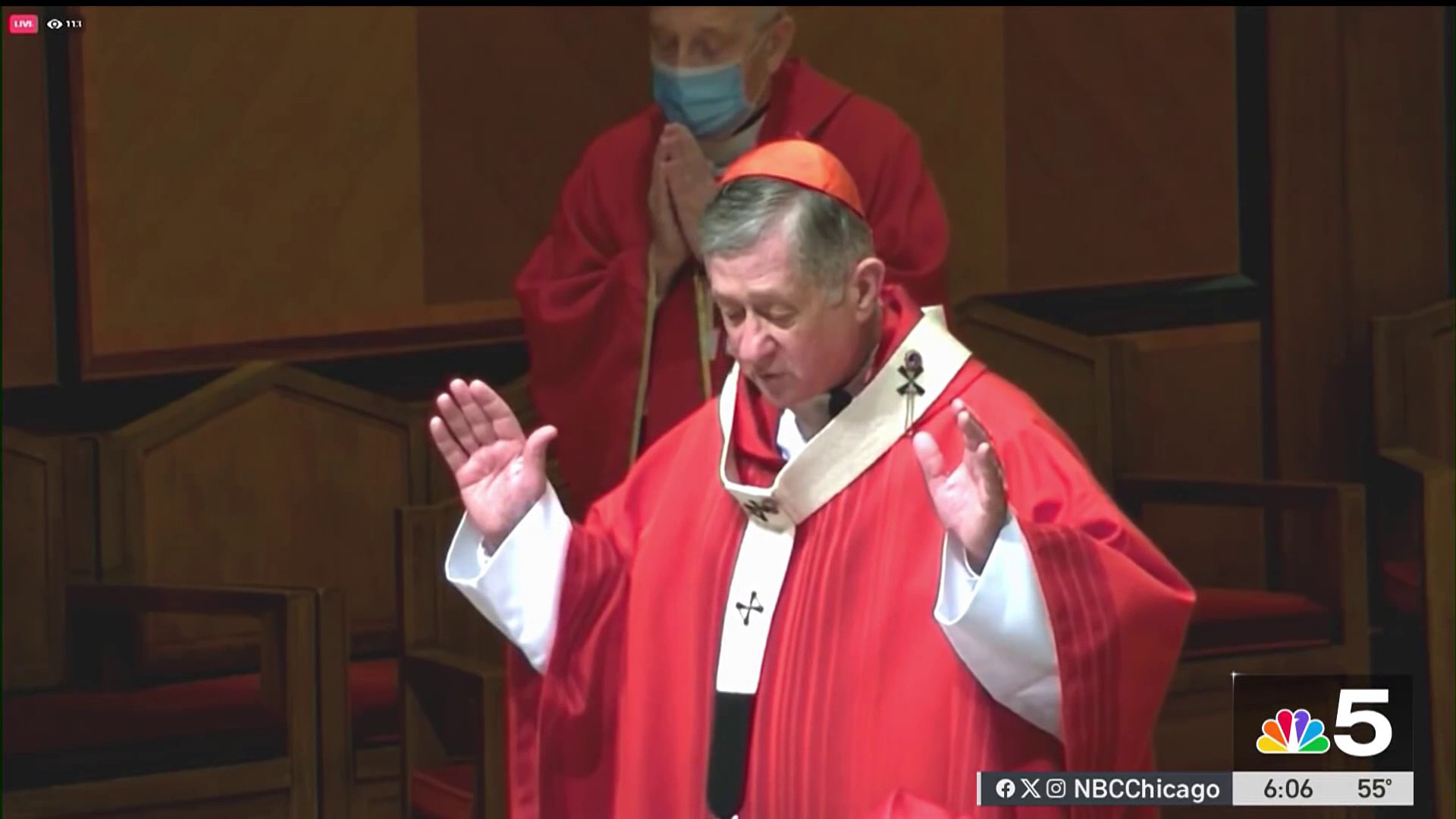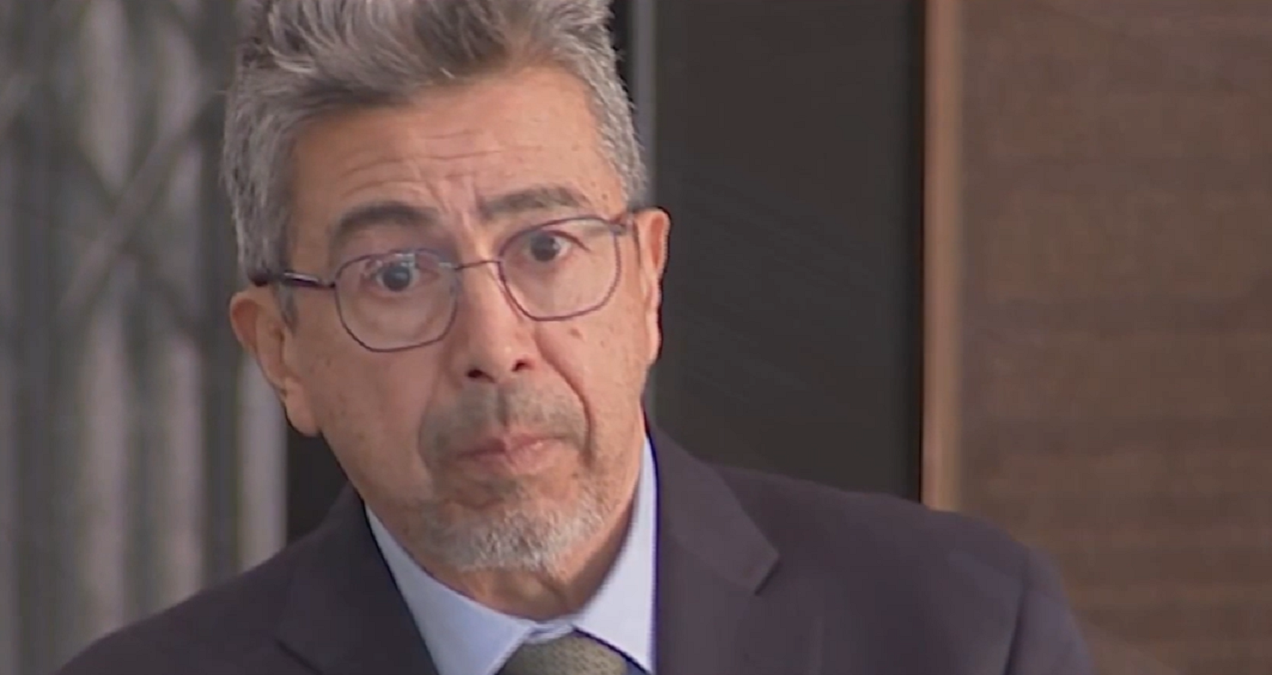The City of Chicago will pay the owners of a vacant lot in Brighton Park more than $816,000 to settle a lawsuit that alleged the city failed to make monthly lease payments for the use of the land – that was once eyed as a place to house up to 2,000 migrants in winterized tents.
CHICAGO – The City of Chicago will pay the owners of a vacant lot in Brighton Park more than $816,000 to settle a lawsuit that alleged the city failed to make monthly lease payments for the use of the land – that was once eyed as a place to house up to 2,000 migrants in winterized tents.
That failed plan was scrapped in December 2023, however, after the Illinois EPA stepped in amid the release of an 800-page environmental report that found levels of mercury and other toxic metals were present in the soil and air surrounding the lot.
NBC 5 Investigates has learned the $816,506.67 the City of Chicago will pay to settle the breach of contract lawsuit would be on top of the $986,621.21 the city already spent to remediate environmental concerns and prep the land for its intended use. That effort included hauling in more than 600 truckloads of gravel designed to mitigate those environmental risks.
All told - over the past 18 months - this vacant lot in Brighton Park will cost Chicago taxpayers more than $1.8 million, according to a NBC 5 Investigates’ review of court records and the city’s receipts.
The settlement agreement was finalized this week, court records show.
“I think that it did call attention to a lot of the environmental issues that we have here in the neighborhood,” said Anthony Moser of FOIA Bakery, a watchdog group. “And I think there maybe were people who had been living here already and didn't really understand some of the risks that they might be facing.”
Moser was among the first to obtain records detailing the lot’s 100-year history as an industrial site that initially raised questions about the environmental concerns there.
Investigations
Since those plans to house migrants on the lot were scrapped in December 2023, NBC 5 Investigates has been asking questions about how and if the city was able get out of this land use agreement.
For months, those answers have remained elusive.
Feeling out of the loop? We'll catch you up on the Chicago news you need to know. Sign up for the weekly Chicago Catch-Up newsletter.
Beginning last year, NBC 5 Investigates filed multiple Freedom of Information Act requests with various city agencies asking for copies of lease payments or termination agreements.
No records were provided.
We renewed our questions again to Mayor Brandon Johnson in late February during one of this weekly news conferences.
At the time, his chief of staff Cristina Paciones-Zayas said there was some “legal issues” there and someone would get back to us.
No one did.
Weeks later in early March, we asked Mayor Johnson again – this time at a North Side high school where he was promoting a summer jobs program.
Again, we were told that someone would get back to us.
No answers came until this week, when the city’s Law Department confirmed the city had reached a settlement agreement with the Barnacres Corporation stemming from their 2024 lawsuit. No one had reported on that lawsuit until now.
As part of that agreement – neither party admitted fault or liability – but the city has agreed to pay Barnacres more than $816,000 and will complete the construction of a wheelchair ramp on a warehouse on the property and will cap off sewer and water lines that were added in anticipation of adding winterized tents for migrants.
NBC 5 Investigative Reporter Bennett Haeberle stopped by the Barnacres Corporation offices in Markham this week after multiple phone call messages were not returned. Haeberle left a business card with a woman inside and asked that someone call him. No one did.
Messages left with the Barnacres Corporation’s attorney have also not been returned.
The settlement agreement means taxpayers are on the hook for $1.8 million in upgrades to an empty lot they don’t own.
“I think it's representative of the pitfalls of the approach that (the city has) been taking, which is that they can put a lot of money into something and at the end of the day, not have anything to show for it,” Moser said.



